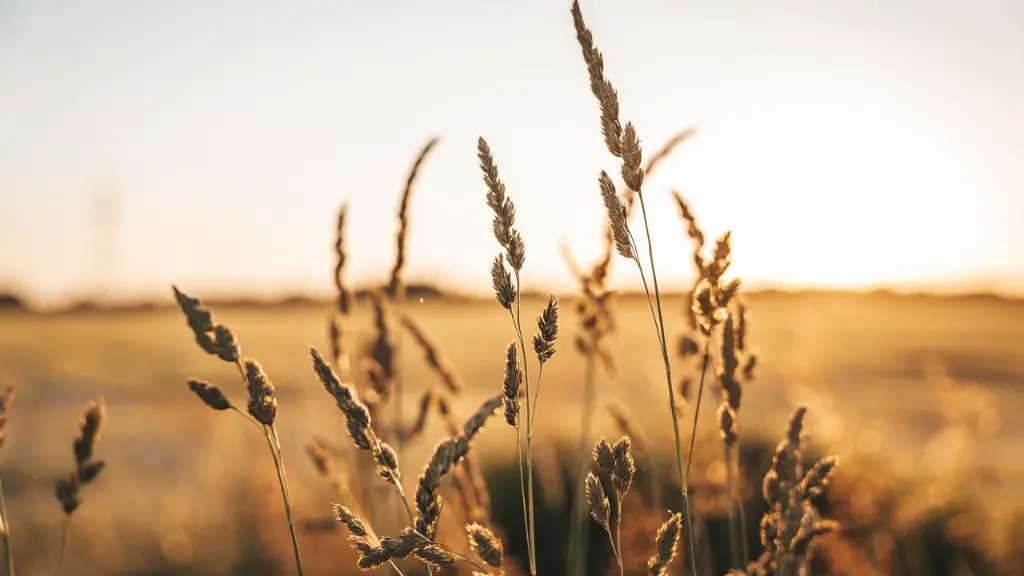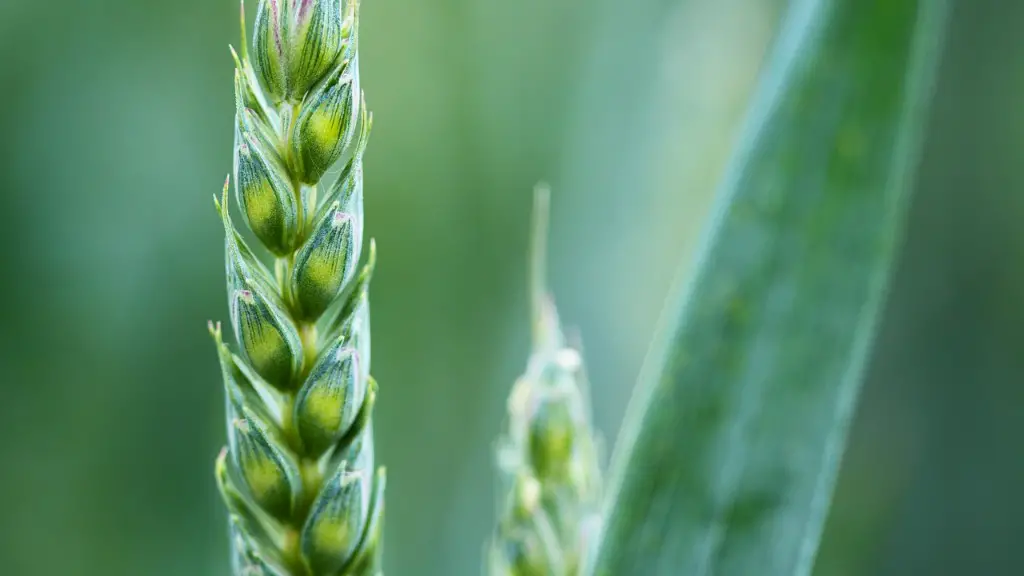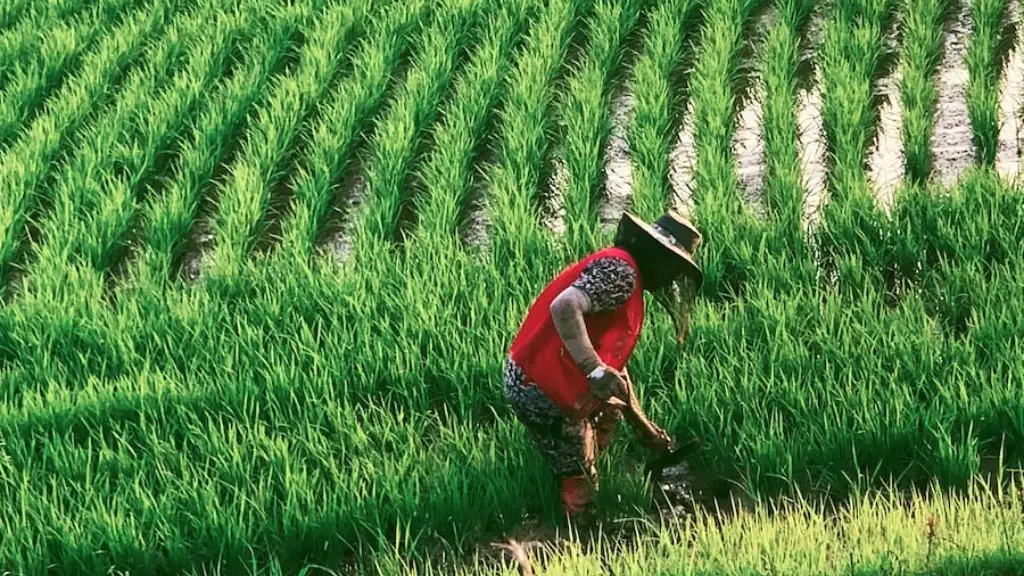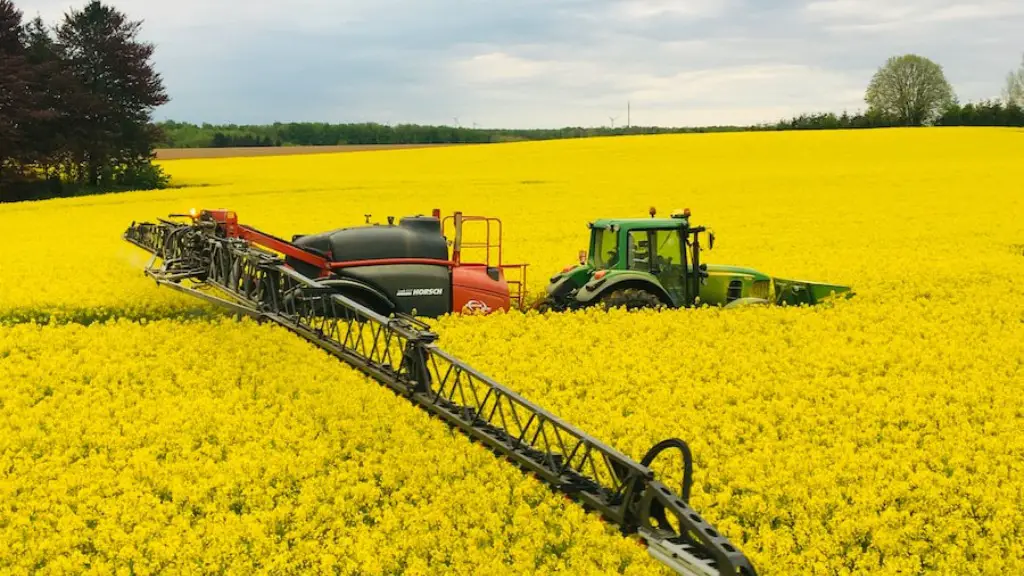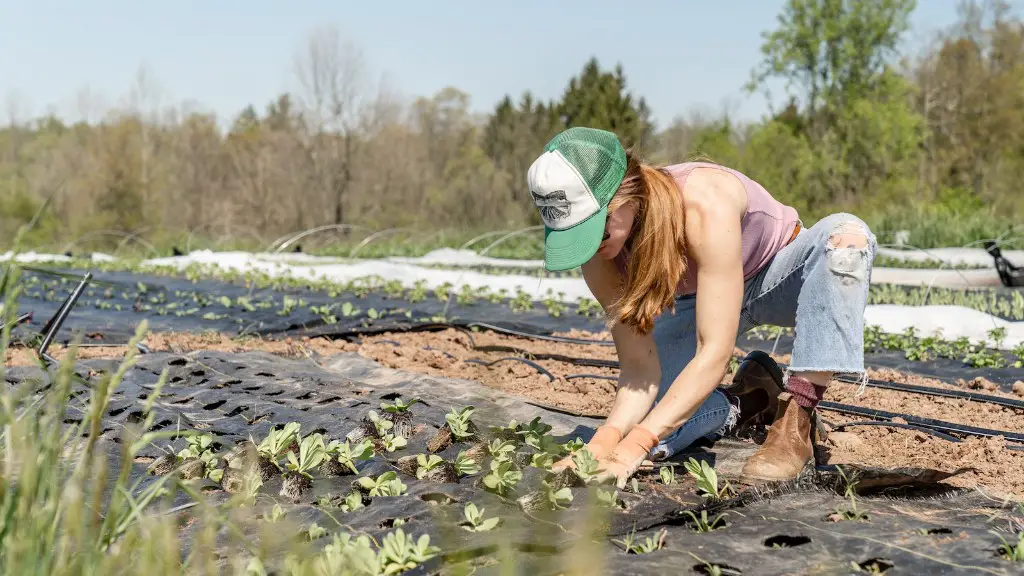Many people are not aware of how much agriculture affects their day-to-day life. Agriculture is responsible for the food that people eat, the clothes they wear, and the products they use. Agriculture has also played a role in human history, shaping the way societies have developed over time.
The Agricultural Revolution increased the food supply which allowed for the growth of larger, more sedentary populations. Agriculture has allowed for the domestication of plants and animals, which has had a profound impact on human society. Agriculture has also allowed for the development of civilizations and the rise of cities.
How does agriculture affect our everyday lives?
Agriculture is the backbone of many societies and impacts them in a variety of ways. It provides food and livelihoods for people, raw materials for industry, and can help build strong economies through trade. Agriculture is essential for human life and will continue to be so for the foreseeable future.
The development of agriculture was a pivotal moment in human history. It allowed for the domestication of plants and animals, which led to the growth of cities and civilizations. Today, agriculture continues to be a vital part of the global economy, providing food for billions of people around the world.
Why is agriculture important in everyday living of people
Agriculture is a vital part of the world economy, providing most of the world’s food and fabrics. Cotton, wool, and leather are all agricultural products, and agriculture also provides wood for construction and paper products. The products and methods used in agriculture vary from one part of the world to another.
Agriculture is the leading source of pollution in many countries. Pesticides, fertilizers and other toxic farm chemicals can poison fresh water, marine ecosystems, air and soil. They also can remain in the environment for generations.
What are some examples of agriculture in everyday life?
Agriculture is responsible for a lot of things that we take for granted in our daily lives. Here are seven ways that agriculture affects your daily life:
1. Food: Agriculture is responsible for the food that we eat. Everything from the wheat in our bread to the vegetables in our salad come from farmers.
2. Fuel: farmers produce a lot of the world’s oil and gas. These are used to power our cars, trucks, and planes.
3. Textiles: a lot of the clothing we wear is made from cotton, which is a crop that is grown by farmers.
4. Sports: many sports require equipment that is made from agricultural products, including balls, bats, and gloves.
5. The Economy: agriculture is a major driver of the world economy, and the prices of agricultural products can have a big impact on the stock market.
6. Personal Care Products: a lot of the cosmetics and personal care products we use contain ingredients that come from agriculture, such as beeswax and essential oils.
7. Entertainment: agriculture plays a role in the entertainment industry as well, with many movies and TV shows being set on farms or featuring agricultural themes.
With the world’s population rising sharply, there is an increasing need for food, feed, fiber, and fuel. To meet this need, agriculture must be sustainable and efficient. This means producing enough food to meet the needs of the population while also protecting the environment and expanding the natural resources supply. Sustainment of the economic viability of agriculture systems is essential to meeting the needs of the world’s population.
What are 3 reasons why agriculture is important?
Agriculture is the backbone of the Nigerian economy and plays a vital role in the country’s development. It is the main source of food for the population and provides raw materials for industry. It is also a major source of employment, accounting for over 60% of the workforce.
The sector is also important for environmental protection and the preservation of biodiversity. It helps to control soil erosion and degradation, and provides habitats for wildlife. In addition, agriculture is a major source of foreign exchange and export earnings, and is crucial for the country’s economic and social development.
The result of increased pressure on land and water resources globally is land degradation. This often manifests in soil erosion and salinization, and eutrophication. Additionally, agriculture is associated with greenhouse gas emissions. As agriculture continues to expand in an effort to meet the demands of a growing population, it is important to be mindful of the negative impacts it can have on the environment. Sustainable practices should be adopted in order to mitigate these effects.
How does agriculture affect human settlement short answer
The Agricultural Revolution allowed people to stay in one place, which increased the population density and made it possible for contagious diseases to spread more easily. The increased food production caused by agriculture allowed the population to grow beyond what could be sustained by hunting and gathering alone, which led to the need for more people to live in close proximity to each other.
Agriculture is the main source of raw materials for industries. It is important to international trade. It plays a big role in a nation’s revenue. It provides employment. It’s crucial to a country’s development. It can help heal the environment.
What are the five benefits of agriculture?
Farming is good for your health—being a farmer is challenging and stimulating work that provides a source of income in rural areas. Farm work helps develop younger generations and can help the environment thrive.
Agriculture is the process of producing food, feed, fiber and other desired products by the cultivation of certain plants and the raising of livestock. Agriculture is a vital component of the global food supply, providing the majority of the world’s population with their major source of calories and nutrition.
Why did agriculture change human society
More abundant food supplies could support denser populations, and farming tied people to their land Small settlements grew into towns, and towns grew into cities Agriculture produced enough food that people became free to pursue interests other than worrying about what they were going to eat that day. This allowed for the development of civilizations.
The agricultural revolution led to a significant increase in human productivity, which had a variety of consequences for human societies. The most notable consequence was the rise of inequality, as a result of humans’ increased dependence on the land and fears of scarcity. The agricultural revolution also led to a decline in nutrition and an increase in infectious diseases contracted from domesticated animals.
How did agriculture affect human living circumstances and biological change?
Agriculture has definitely been an improvement in the human condition! Once we made the transition from foraging to farming in the Neolithic era, our health and nutrition improved, our longevity increased, and our work load declined. This has definitely been a positive change for humanity as a whole!
The poorest people in society benefit the most from agricultural growth. This is because agricultural growth increases the demand for labor, and thus the chances of getting employed. Additionally, agricultural growth may lead to increased salaries, which in turn leads to increased income from selling labor.
How did farming change the way people lived
Farming allowed people to stay in one place and provided them with a reliable food source. This led to the development of permanent settlements and the need for protection from outside threats. The construction of walls around settlements was one way to safeguard against attackers.
Agriculture has had a profound effect on human living circumstances. It has resulted in population sedentism and crowding, which has in turn led to the accumulation of waste and the increased transmission of microbes. This has made conditions conducive to the spread and maintenance of infectious disease.
Warp Up
The Agricultural Revolution led to an increase in food production which allowed for a larger population. It also resulted in new technologies and techniques being developed which made farming more efficient. This in turn led to a decrease in the amount of labor needed to produce food, and allowed for people to have more free time.
Agriculture has had a major impact on the day-to-day lives of humans. It has provided us with food, shelter, and clothing. It has also given us a way to make a living. Agriculture has helped to shape our world and our culture.
